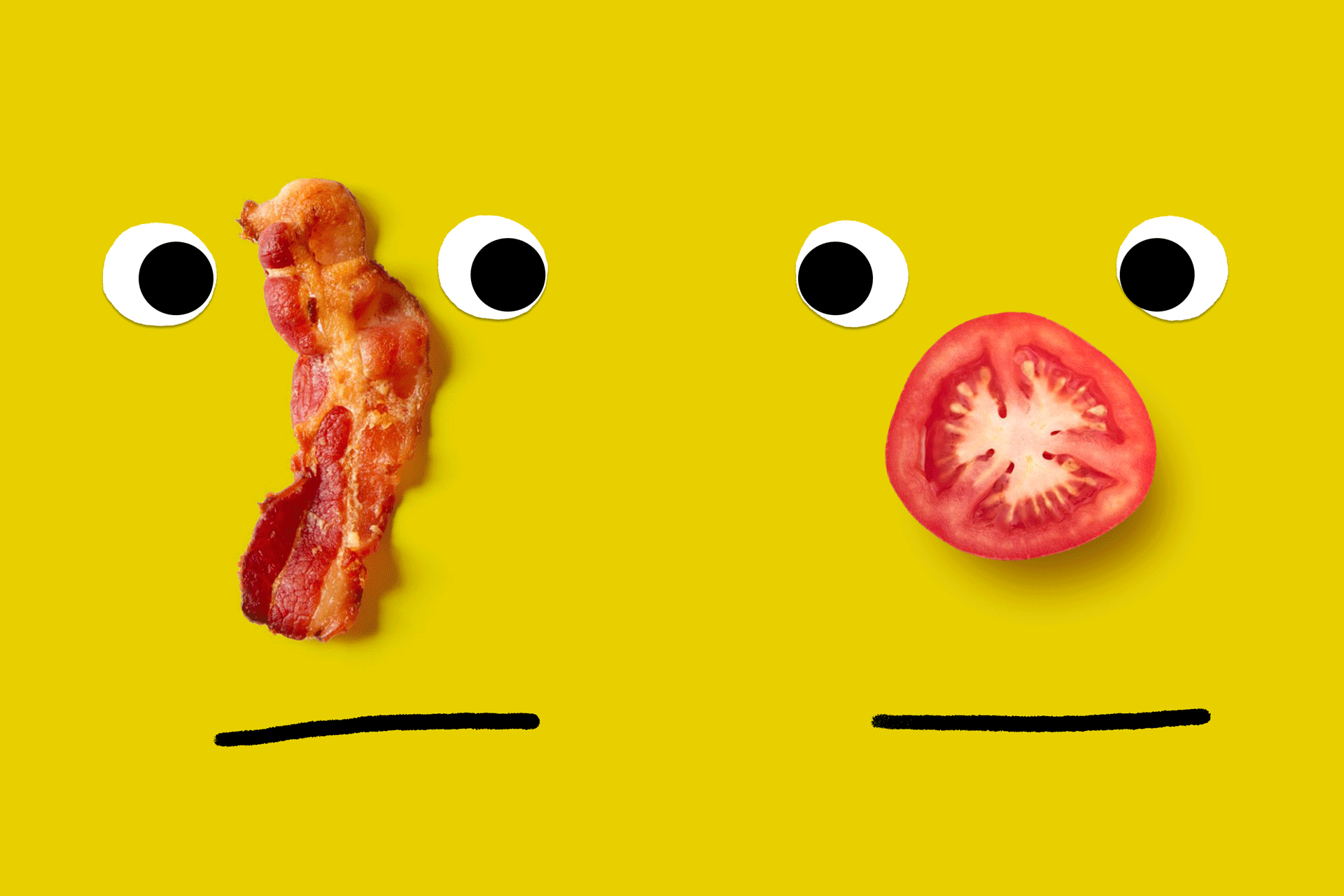The Manly Scent Women Prefer Doesn’t Come in a Bottle
- Share via
Advice to men hoping to woo women: Toss your musky colognes and Irish Spring soap. You’ll probably have a better shot with your own unadorned male scent. In what hints at a female equivalent of the Oedipal complex, a groundbreaking University of Chicago study found that women prefer the scent of a man who smells like dear old Dad.
The study, to be published in the February issue of the journal Nature Genetics, is the first time scientists have demonstrated that human beings’ odor preferences are based upon a set of genes inherited from their fathers. The researchers found evidence that women prefer the odor of men to whom they are genetically similar, but not identical, to the odor of men whose genes are nearly identical or wholly unfamiliar.
“It’s the clearest example that preferences for body odors are genetically determined,” said Gary Beauchamp, director of Monell Chemical Senses Center in Philadelphia, who was not involved in the study.
Although they are not conscious of it, “Women can actually smell genetic differences,” said psychologist Martha K. McClintock, a coauthor of the study with lead investigator Suma Jacob, then a University of Chicago postdoctoral fellow in biopsychology and now a psychiatric resident in training at the UCLA Neuropsychiatric Institute, and Carole Ober, a University of Chicago professor of human genetics. “It may be that this odor preference really functions in terms of recognizing family members on the father’s side or in selecting friends. We have no evidence that this has anything to do with sex. We can speculate that the preference could be a way to avoid mating with an individual with whom you have nothing [genetically] in common.”
Extremes in “outbreeding,” a term that refers to mating with someone who has completely dissimilar genes, and inbreeding can be equally dangerous, said McClintock. Animal studies have shown that outbreeding can result in miscarriages, and researchers assume the same is true for humans. Inbreeding, or having children with a relative or someone who has genes that are too similar, increases risk of miscarriage or of passing on recessive genetic disorders.
In 1997, Ober and colleagues studied the marriages in a Hutterite community in South Dakota, descendants of Russian immigrants to the western United States in the 1870s. Ober found that there were fewer close genetic matches between husbands and wives than might be presumed in an isolated, homogeneous population. Somehow the Hutterites avoided choosing spouses who were genetically too similar to themselves.
In selecting a mate, said McClintock, a leading expert on pheromones and human chemical signals, humans do well to stay within their own genetic ballpark.
“If you are an adult, you have survived long enough to know that your own genes are a successful combination,” she said, adding that this may explain why people unconsciously choose mates who are genetically similar.
To conduct the study, the researchers determined the human leukocyte antigen (or HLA) gene sequence--the inherited basis for personal odors and olfactory preferences--of 49 female study participants, their biological parents and six men who were selected because of their HLA types and diverse ethnicity.
The researchers then asked the women to sniff and rate household fragrances such as bleach, cloves, cotton and cardboard along with the T-shirts worn for two consecutive nights by each of the six men, who slept alone and used fragrance-free soap. The women were asked to sniff 10 scents, then rated each odor for familiarity, intensity, pleasantness and spiciness. They were asked to select which smell they would choose if they “had to smell it all the time.”
Researchers then compared the HLA sequences of the women to the men whose odoriferous T-shirt they preferred. The women chose the scents of men with genes similar to their own, but not those of men with nearly identical genes or genes totally dissimilar to their own. By looking at the genes of each woman’s parents (each person inherits one set of genes from the father and one set from the mother), McClintock said the researchers were able to tell that each woman’s choice was based upon HLA genes inherited from her father but not her mother.
But why would the genetic basis for odor preference be inherited paternally?
It could be, speculated McClintock, that the maternal HLA has another function: the implantation and maintenance of pregnancy. “Ober’s research showed that if a husband and wife share too many of these genes in common, then the mom’s immune system doesn’t recognize the ball of cells as a potential fetus, but sees it as uterine epithelial cells and gets rid of them,” she said.
Jacob hypothesized that odor preference may be inherited paternally as a means for primates and other mammals, whose fathers sire offspring with multiple females, to recognize paternal siblings and avoid inbreeding. “Among primates and other species, paternity is not always known,” said Jacob, who cited a University of Chicago study of yellow baboons in which researchers discovered that female baboons groom and aid their paternal sisters when they meet up.
Other biologists have found that, through smell, mice avoid mating with mice whose genes match their own too closely.
The researchers are hesitant to say what influence, if any, a woman’s preference for eau de Dad may have when it comes to love, romance and marriage.
“Smell will have a subtle influence in the way we select mates but mate selection is much more complicated,” said Jacob. “Someone’s scent may be part of it, but there are visual things, what a person sounds like and other things. Odor won’t have the influence it does with rodents and other mammals where they are driven by it.”
So while it’s possible that a woman will be drawn to a man for his tight abs, sexy smile and fat wallet, when it comes to how he smells, it appears to be her genes calling the shots.





